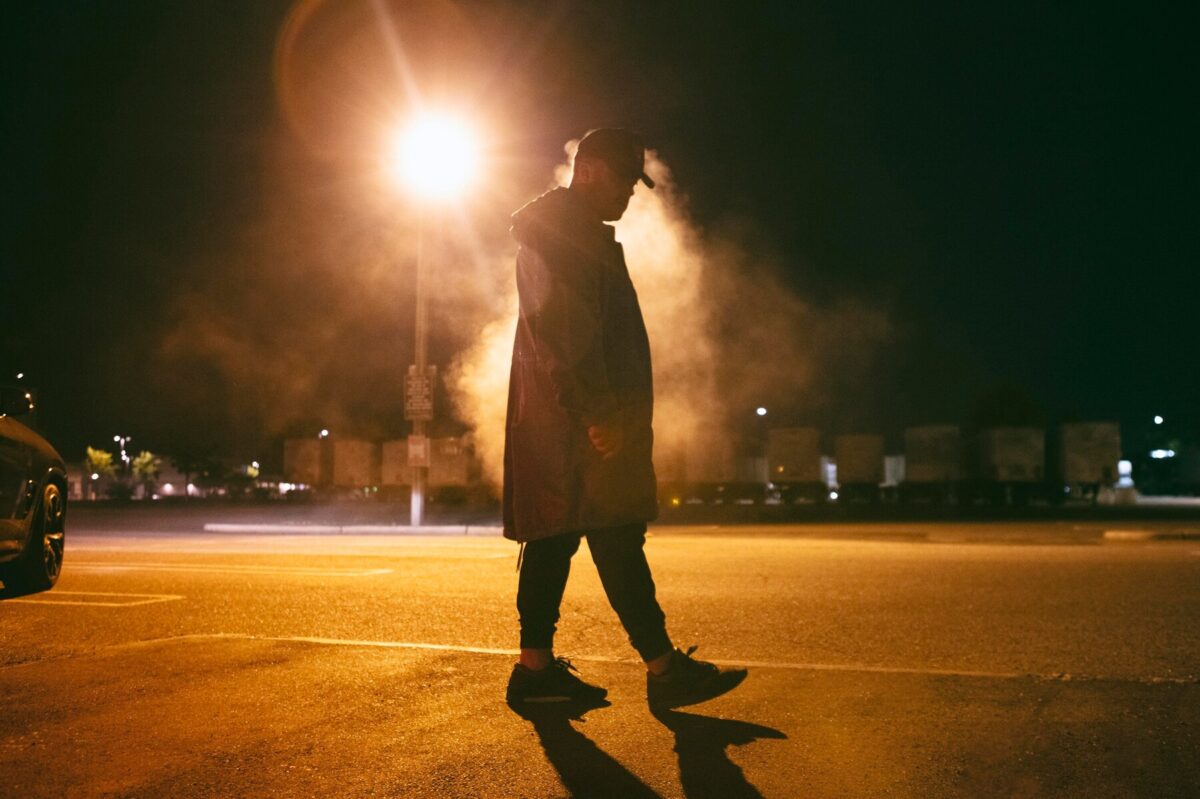Earlier this year, sex worker Agasi (name changed) was walking at night in a park in his city and texting on the phone with a client they were supposed to meet there at 1 a.m. Two civilians approached him, identifying themselves as police officers. They showed him their identification cards, but Agasi insisted that they open the documents so that he could verify their authenticity. After checking, the police officers asked him if he had any prohibited items and what he was doing in the park at night.
Agasi replied that he did not have anything prohibited and explained that he was just walking as the park was close to his house. The police officers ordered him to show his pockets and bag. Agasi was very scared as he was under the influence of psychoactive substances, but fortunately, he did not have anything prohibited with him. After making sure he had nothing on him, the police ordered him to show his phone and open the last app he had used.
Agasi asked why they needed to do this, and the officers said that there were a lot of “drug addicts” in the park and that they had a suspicion that Agasi was one of them because he was wearing a hoodie and carrying a barrette bag at night in the park. Agasi showed the Telegram app where he had recently corresponded with his client. The police officers read all the messages. Agasi was embarrassed but could not do anything at that moment. The police then ordered Agasi to leave the park mockingly and told him that it was better to walk outside the city, as “people like him” gathered there.
This case vividly illustrates the forms of discrimination faced by sex workers and members of the LGBTIQ+ community. Harassment, humiliation, and unfounded suspicion by law enforcement agencies are just some of the challenges they face daily, which further emphasizes the need to protect the rights and dignity of all citizens, regardless of their occupation.


